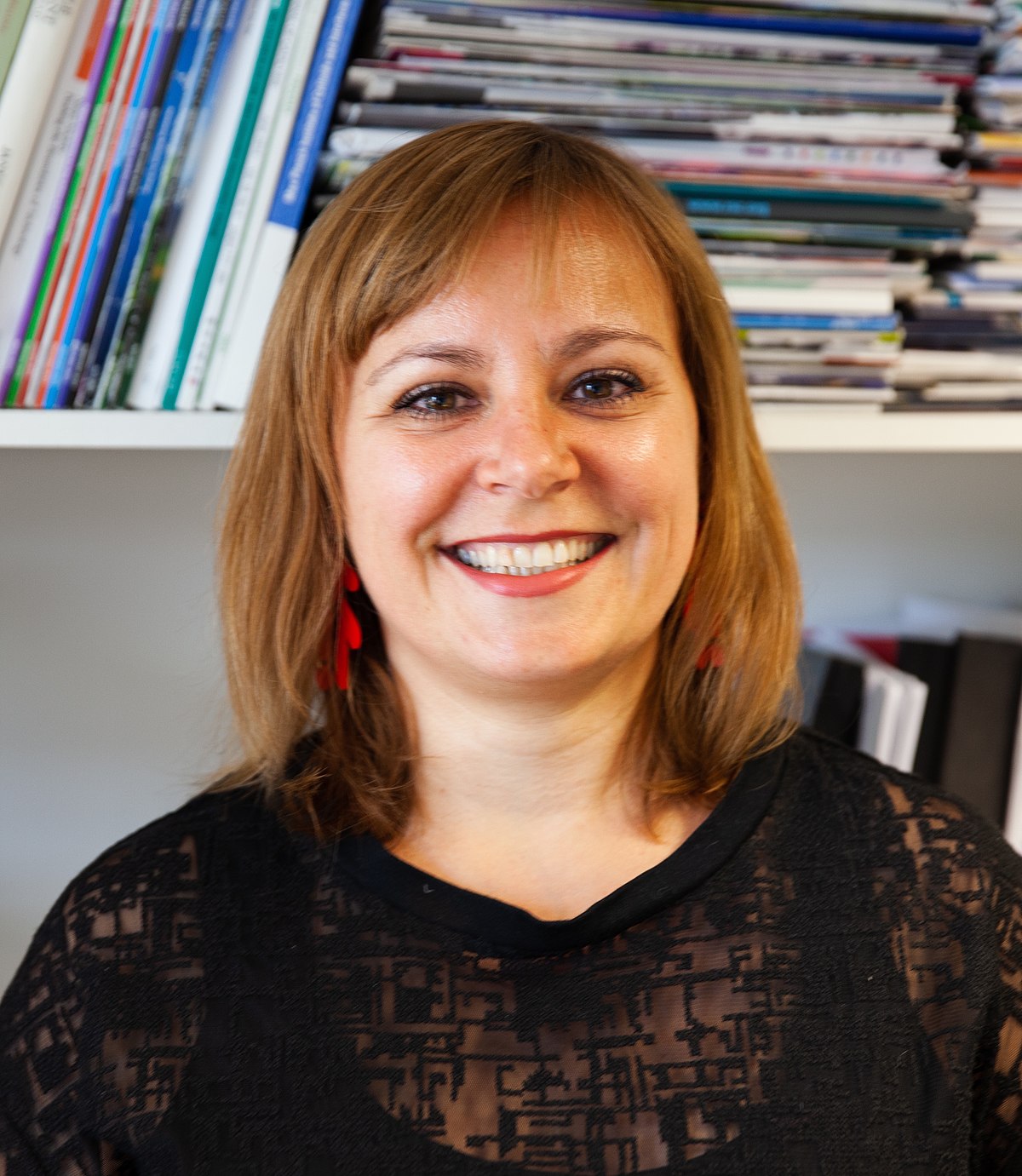Event
Maria Titirici Wins the USERN Prize in 2017 in Physical Sciences

''The Design of Efficient and Low Cost Electrocatalysts Catalysts without the Use of Critical Metals" Brings the USERN prize 2017 to the young scientist from Queen Marry University
Professor Martia Maghdalena Titirici Won the USERN Junior Prize in 2017 for Her Significant Contribution to Physical Sciences. The following article is an overview of her past and present scientific achievements earning her the USERN Prize of 2017
The USERN Prize is an international and independent prize aimed to identify young scientists on the verge of their carrier, those who have contributed to their field with significant scientific projects, human endeavours and exceptional talent, under age of forty. Professor Maria Maghdalena Titirici took the title for USERN prize 2017 physical laureate with "The design of efficient and low cost electrocatalysts catalysts without the use of critical metals ". According to the home page of the Sustainable Materials: Titirici Research Group, the goal of this international and multicultural research team is production and advanced characterisation of sustainable materials produced from abundant, low cost precursors using low energy consumption manufacturing techniques and their application in renewable energy technologies. Professor Titirici holds position as Professor of Sustainable Materials Chemistry at Queen Mary, University of London, School of Engineering and Materials Science. Abstract of her scientific project that came into view by the USERN board of physical science referees reads:
"This project aims the elimination of critical materials form the catalysts employed in Oxygen Reduction (ORR) and Oxygen Evolution Reactions (OER) which are of major importance for the future development of a H2 based economy to eliminate the use of fossil fuels and promote global sustainability. The current catalysts for these important reactions occurring at the cathode of a fuel cell (ORR), the anode of an electrolyser (OER) or in Metal Air batteries during charge and discharge are based on critical metals such as Pt for ORR and Ir for OER. These metals are expensive, scarce and unevenly distributed across the planet and hence not sustainable for the future implementation of such technologies. Particularly attractive would be to produce a single material able to work as a bifunctional catalyst for both ORR and OER. Therefore, in this project my group has designed and demonstrated efficient bifunctional catalysts for both ORR and OER based on carbon materials derived from bio-waste, without using any metals and thus reducing significantly the cost associated with these catalysts while maintaining their performance."
Professor. Titirici described her scientific work in renewable energy and the multidisciplinary nature of the field, hope this would one day ''save the world from energy crisis he is now in'', in her speech receiving the 2017 USERN Prize in Medical Sciences, November 10th, Karazin University, Kharkiv, Ukraine
Queen Mary, University of London official website shares news on the 2017 USERN Physical Laureate: